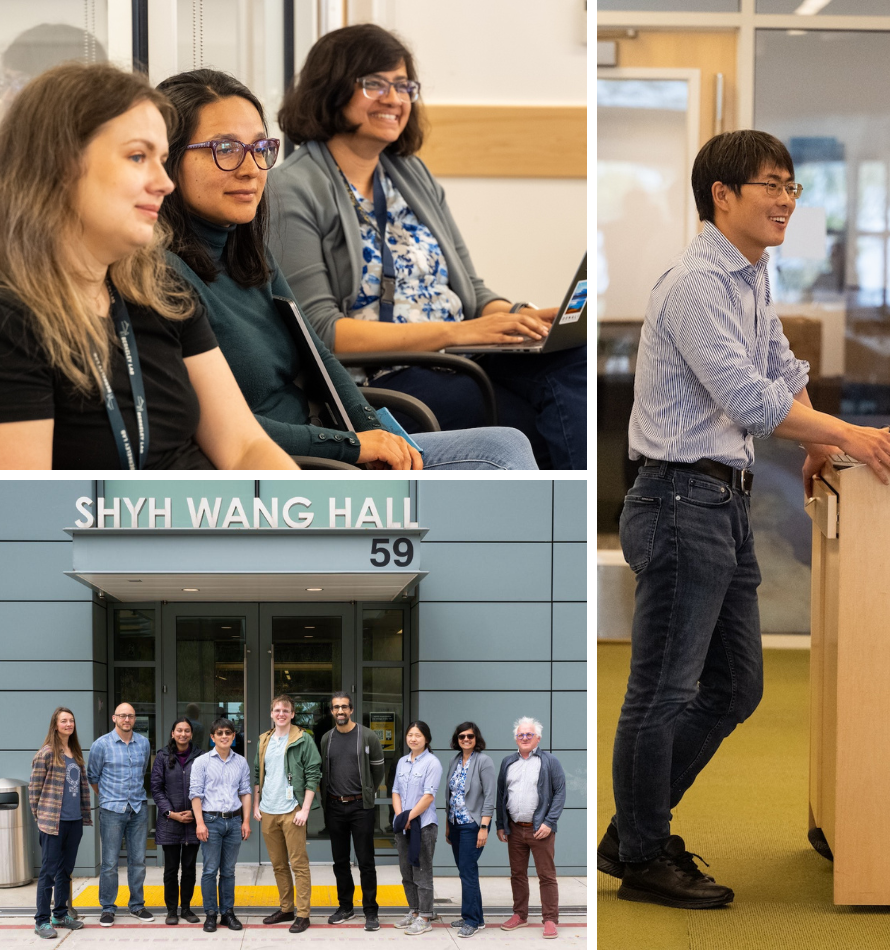
The Admiral Grace Hopper Fellowship was established in 2015 with the goal of developing young computational scientists to make outstanding contributions in the area of HPC applications.
Hopper Fellows will utilize their skills in advanced algorithms, software techniques, HPC systems, and networking for scientific discovery. Working in a stimulating environment, they will present results at major conferences and establish strong connections to academic and industry partners.
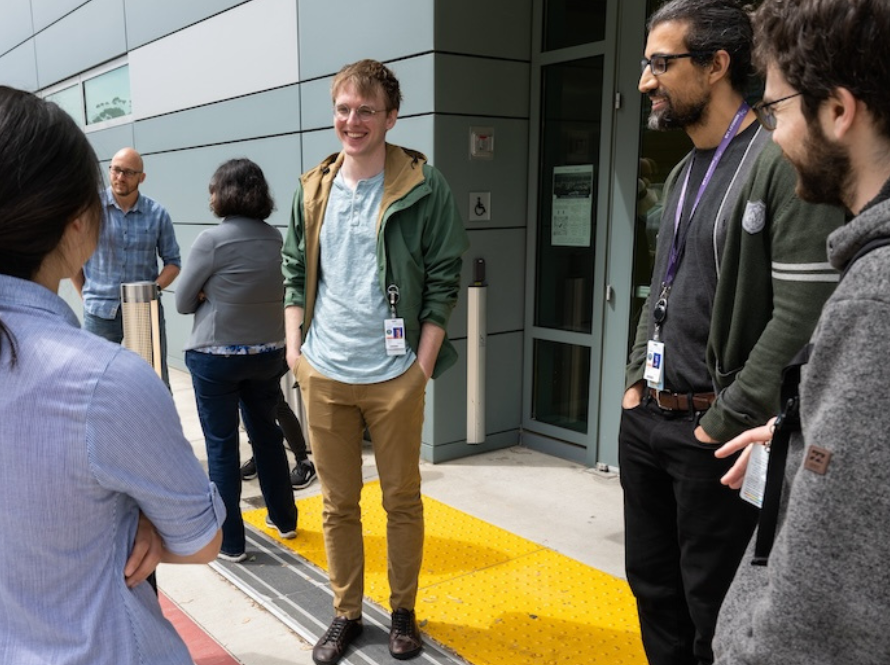
Hopper Fellows receive competitive salaries, relocation assistance, excellent benefits, frequent travel opportunities, and an opportunity to work in the San Francisco Bay Area.
This fellowship is awarded for two years with the possibility of a third by renewal. Upcoming or recent Ph.D. graduates in computational science disciplines, computer science, or applied mathematics who have received their degrees within the last three years are encouraged to apply.
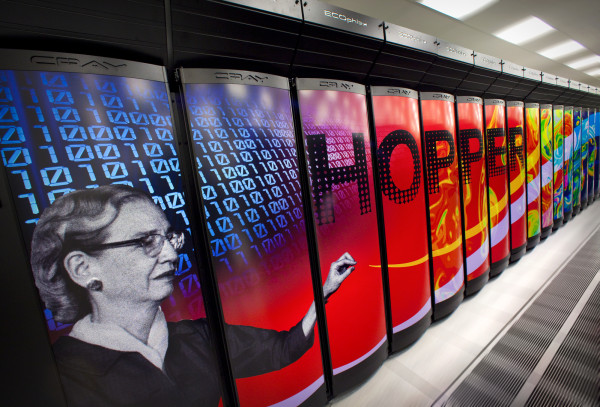
Grace Hopper was a pioneer in the fields of software development and programming languages. NERSC’s sixth flagship supercomputer was named “Hopper” in her honor. We encourage those who share Dr. Hopper’s scientific curiosity and dedication to join us in our efforts by applying for the fellowship named in her honor.
General Requirements
If you have a Ph.D. in computer science, mathematics, or any other computational science discipline granted in the past three years, we encourage you to apply. As a prospective fellow, you should be well-versed in advanced algorithms, software techniques, HPC systems, and/or networking in a related research field. Applicants should have demonstrated creativity and the ability to perform independent research. We are also seek excellence in a related research field, including a solid publication record, high citations, and awards.
What Your Application Should Include
In addition to a standard job application, prospective fellows should also submit the following:
- CV or resume with publications list included as one document
- Cover letter
- Brief research statement
- List of three references who can provide letters of recommendation
List of references must include contact information for each person. The Fellowship hiring committee will reach out to the references, who will submit their letters of recommendation directly to Berkeley Lab.
Alvarez and Hopper fellowship applications are made jointly via a single process.
Why Berkeley Lab?
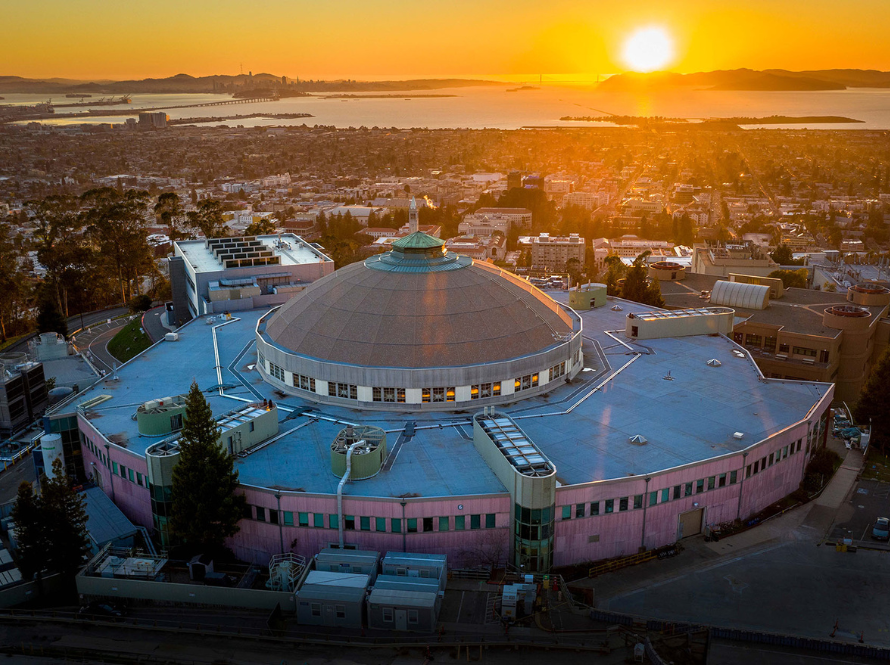
As employees of Berkeley Lab, Alvarez fellows work in an environment synonymous with scientific excellence. Sixteen Nobel Prizes, five Department of Energy (DOE) National User Facilities, and some of the most advanced tools in modern science.
Computing Sciences at Berkeley Lab
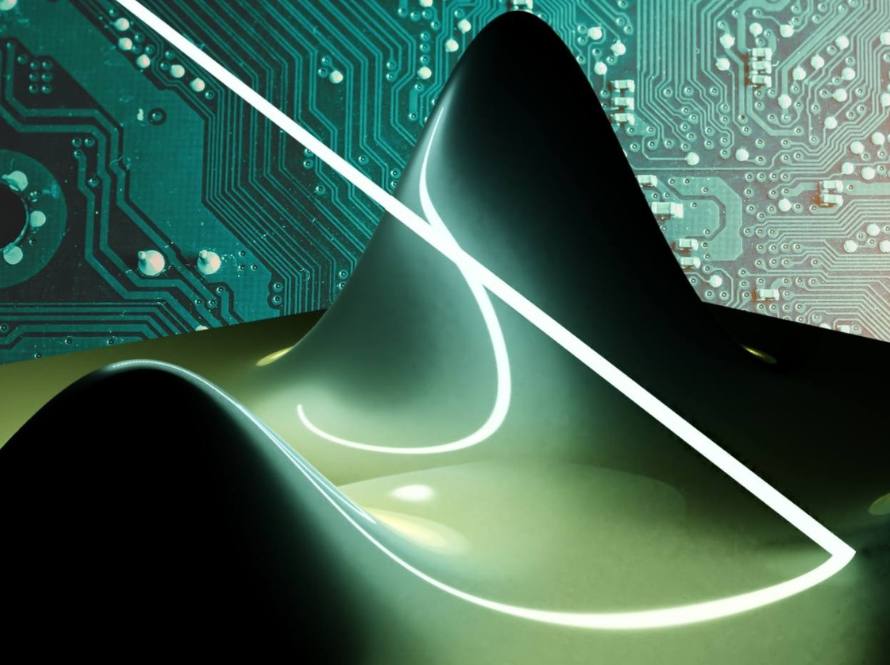
Berkeley Lab’s Computing Sciences Area researches such areas as materials science, chemistry, biology, astrophysics, climate change, combustion, fusion energy, high performance computing (HPC) systems, and network technology.


